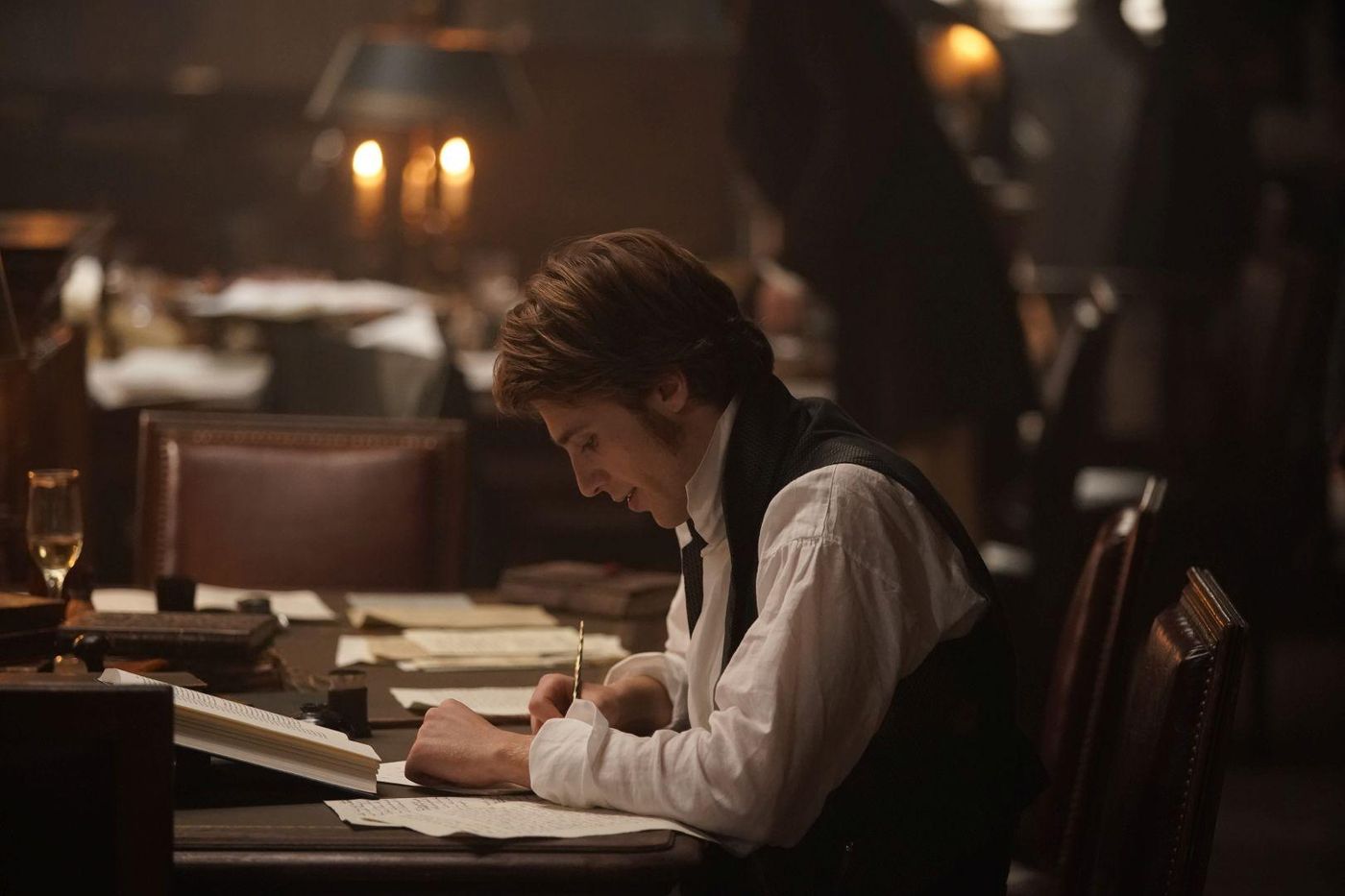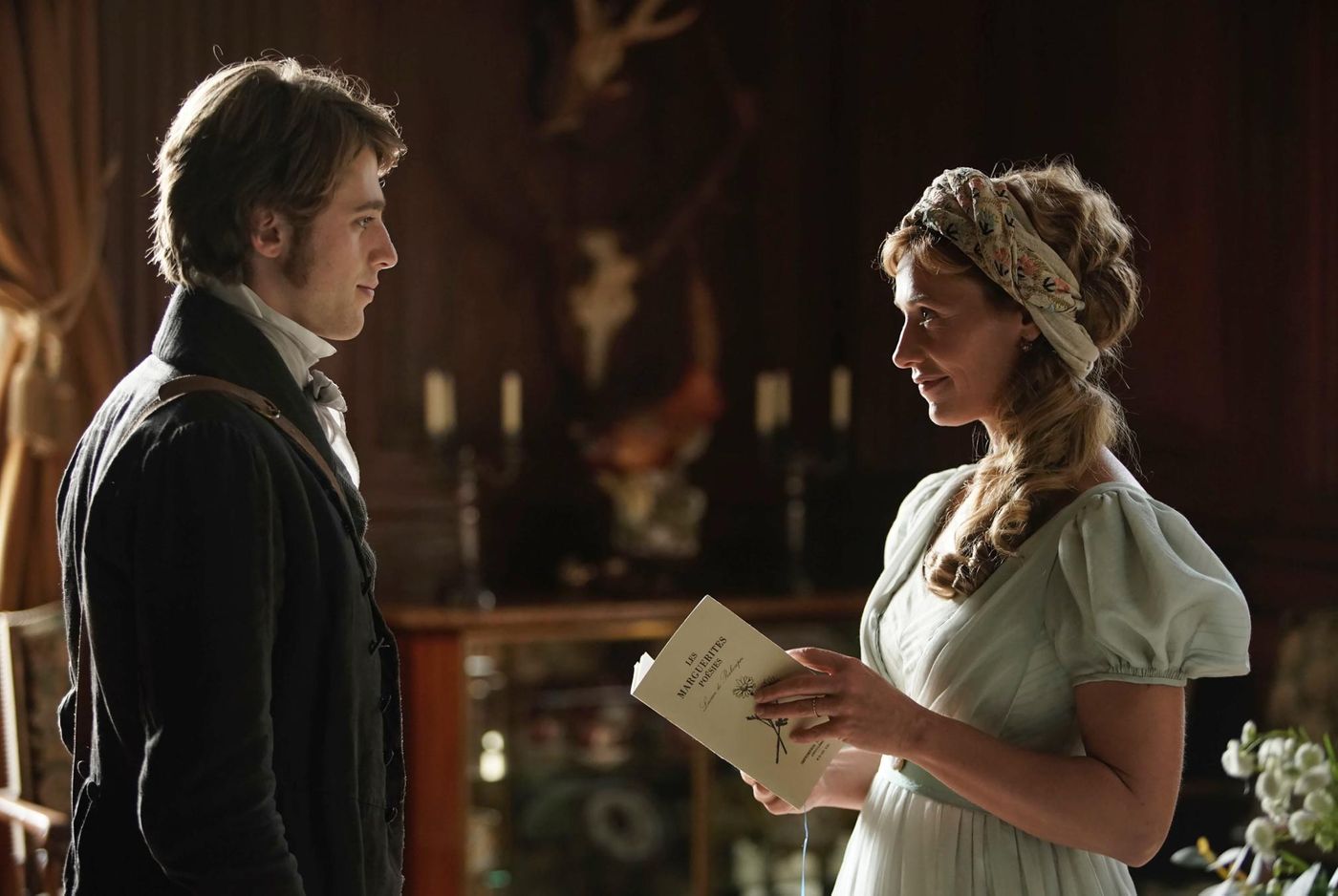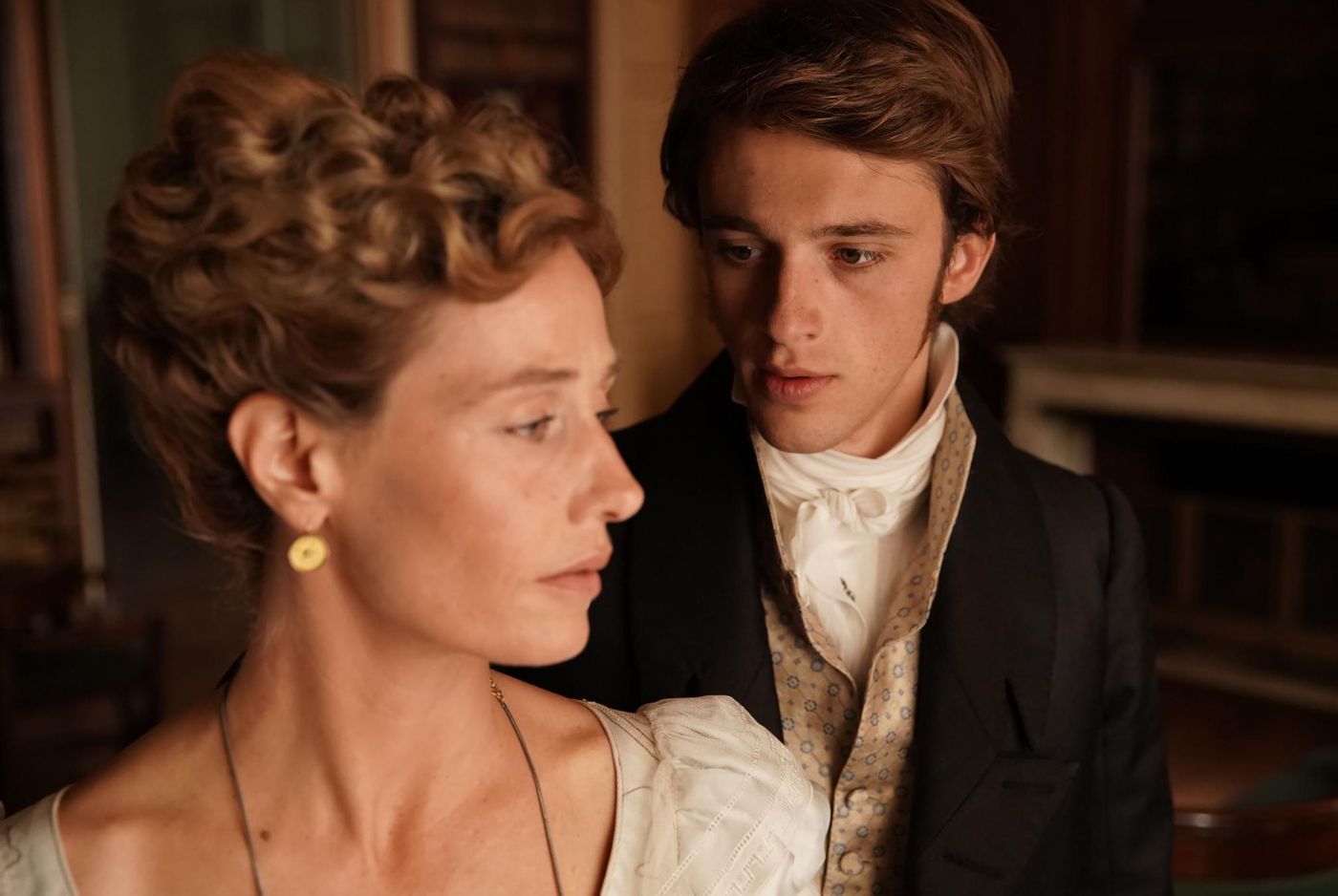The Parisian Dreamer: It was in the age of freedom of the press
This version is a revision on Mplus and is released for backup purposes only.
After watching the french movie "Illusions perdues" ( Illusions perdues ), I started to search the Internet to find the original novel "Disillusionment" by Balzac, but I couldn't find the traditional Chinese version. Out of curiosity, I used "Balzac" as the search key, and found that the remaining traditional Chinese versions of his works seem to have only four novels, and there are quite a few simplified Chinese.
I can no longer find the traditional Chinese version of Balzac
Is it a memory disorder? When I was a child, I clearly read the children's versions of "Old Man Gao" and "Aunt Belle", and there were several Balzacs on the bookshelf in my hometown. It seems strange in retrospect, how could Balzac's work be suitable for children? But more than that, are "Red and Black", "Notre Dame", "Monte Cristo", "The Grapes of Wrath" suitable for children?
Parents in the 1990s didn't care about this, they wanted their children to read the world famous books they grew up with -- or they claimed they had read and wanted their children to follow... Publishing houses turned these great books with illustrations and cuts of plots into The children's edition of "World Famous Books Series", I guess it was a few years after the publishing ban was lifted, and before the copyright was concerned, many publishing houses frantically printed "famous works" for children or adults, and finally got the freedom to publish. , adult readers who waste too much time are eager to read and also children read, will there be a discussion about a book that sells too expensive?
After starting to pay attention to copyright, many traditional Chinese versions that were available before have disappeared. Some contemporary works are also not published because the market is not large enough, and even the novels of Nobel Prize winners are no longer published, such as Patrick. Dans Le Cafe De La Jeunesse Perdue ( Dans Le Cafe De La Jeunesse Perdue ) by Mondiano.

The truth about freedom of the press
Interestingly, the original novel "The Paris Dreamer" was written in the late 1830s, at the beginning of freedom of the press in France - which seems to be similar to Taiwan in the 1990s. But that was a transition period, after which the legislation shifted in favor of the royalists and closed again.
At that time, literati who could write articles seized this "business opportunity" one after another, tabloids sprang up like mushrooms after rain, and each article, comment, and opinion had its own price. With the white hat method, journalists can write art reviews with different viewpoints under different names in different newspapers, so that this art work can be discussed.
Literary criticism has also become a price tag for "journalists" to extort publishers. One of the main characters in the play took his own script to pursue his dream from other provinces to Paris. In his hometown, everyone said that he wrote well. But when he got to Paris, people didn't even look at it, and then he gradually realized that the attention of art can be created. He stopped writing, but became a newspaper critic. People paid him to write positive reviews, and those who offended him wrote negative reviews. He didn't even read those books.
Newspaper reporters or critics are of high status, but not of the respected kind, and both creators and their patrons are afraid of newspapers. Publishers are courting them, they can kill with pen and paper, drag any creator from heaven to hell, and journalists write gossip and scandals against people who disagree with them - but they don't have a side, everything is Whoever bids the most will decide. Nobody cares about the truth.

Paris dream
Many readers who love to read French literature may still remember Paris as colorful in the 19th century. In the Paris described by Baudelaire, Balzac and Stendhal, many people were once fascinated by that rotten and deadly beauty. absorb.
The pursuit of liberty and truth . . . in the eyes of the provincials seems to be achievable in Paris—“the provincials” and the “Parisians” are also contrasting characters that Balzac often has in his novels. The protagonist in "The Parisian Dreamer" went to Paris with ambition to seek literary development. It turned out that the publishing house was only willing to help famous people publish books, and the less famous writers had to choose to curry favor with the aristocracy, sell their souls or bodies to get sponsorship, or follow the "liberals" "Write all kinds of offensive articles?
One of the methods is to find a famous imaginary enemy and attack them to gain popularity, which has an immediate sense of the operation of modern Internet public opinion. After the Great Revolution, in addition to the aristocrats who could inherit titles and family properties, many new bourgeoisie were created. The critics with pen and ink were able to pose threats and generate power, and the aristocrats also needed to establish an image through their articles.
The movie says:
A book is very touching, say it is sentimental;
Very classical; just say he is ingenious;
very interesting; say he is superficial;
To be wise; to be contrived;
Very inspiring, that is grandstanding;
If he has his own style, he says nothing.
Target your strengths and use your pen to injure enemies who aren't around you.

I used to work in a newspaper, and when I saw the movie about the 19th century newspaper, I had a sense of sight. Not sure if the absurd newspaper is restoring Balzac's account, a cautionary tale or an allegory, or a contrast to the modern situation? However, Balzac's early rejected works were also published in the then literary magazine " Revue de Paris " (not the English literary review magazine " The Paris Review ", which was directed by a French journalist, politician and theater director. Louis-Désiré Véron, founded in 1829 as a weekly magazine containing many rejected novels), also fits his description of the period.
The narrator in the film sarcastically said: "In the future, businessmen may also be able to engage in politics."
The same people who went to Paris to pursue their literary dreams, some successfully published a book, and some wrote reviews with a sharp pen in exchange for wealth. But their success is based on public opinion. The person who publishes the book must have positive reviews from the critics. The print volume of the newspaper affects the voice of the critics. In turn, the writing ability of the critics determines the newspapers. print volume.
The irony is that the newspaper the protagonist wrote for at the beginning belonged to the liberals, and later joined the royalist newspaper for his own interests. The royalists said that no one could bid for newspaper articles anymore, "We want to restore the truth ." Later, the liberal newspaper office was forcibly closed due to the revision of the law. The judicial unit searched the "illegal income" of the newspaper office and arrested the person in charge of the newspaper office. At this time, the narrator said: "What is a newspaper without ink and pens? "
The subtext is: "They're out of weapons."
To literary critics (writers) who create or destroy work through words.
Like my work? Don't forget to support and clap, let me know that you are with me on the road of creation. Keep this enthusiasm together!










- Author
- More